From a Fake AnyDesk Installer to MetaStealer
NetmanageIT OpenCTI - opencti.netmanageit.com

SUMMARY :
A recent attack mimicking ClickFix tactics used a fake AnyDesk installer to deploy MetaStealer. The infection chain involved a fake Cloudflare Turnstile lure, Windows search protocol, and an MSI package disguised as a PDF. Unlike traditional ClickFix attacks, this variant redirected users to Windows File Explorer instead of the Run dialog box. The attack cleverly grabbed the victim's hostname and ultimately aimed to drop MetaStealer, a commodity infostealer known for harvesting credentials and stealing files. This incident highlights the evolving nature of social engineering attacks and the need for updated security measures and user education.
OPENCTI LABELS :
social engineering,anydesk,metastealer,clickfix,cloudflare turnstile,filefix,windows file explorer
AI COMMENTARY :
1. Introduction The recent incident titled From a Fake AnyDesk Installer to MetaStealer demonstrates how threat actors continuously adapt their social engineering approaches to evade detection and achieve their goals. In this case, attackers leveraged familiar remote support branding alongside novel delivery methods to deploy a commodity infostealer known as MetaStealer, illustrating the ever-changing landscape of cyber threats.
2. Attack Overview The operation began with a lure purportedly related to Cloudflare Turnstile, tricking users into believing they needed to complete a legitimate verification step. Instead of directing victims to the traditional Run dialog box, the adversary redirected targets to Windows File Explorer. This deviation from standard ClickFix tactics immediately distinguishes this variant and underscores the threat actor’s creativity in bypassing common security controls. The initial payload masqueraded as a fake AnyDesk installer, tapping into widespread trust in remote desktop utilities. Once executed, the installer initiated a Windows search protocol that ultimately led to the execution of an MSI package disguised as a PDF file. This multi-stage chain ensured persistence and stealth as each component blended into the victim’s environment.
3. Technical Analysis Upon installation, the fake AnyDesk binary harvested the host name to customize subsequent steps, demonstrating an attention to detail that improves compatibility and reduces the chance of obvious anomalies. The MSI package then silently dropped the MetaStealer binary and associated configuration files. MetaStealer is a commodity infostealer capable of extracting saved credentials from browsers and system applications, stealing files from designated folders, and exfiltrating data over encrypted channels. Network analysis revealed that the infostealer communicated with command-and-control servers using HTTPS, further masking its traffic as normal web requests. The combination of a trusted installer brand with obfuscated network behavior allowed the attack to remain active on victims’ systems for extended periods.
4. Impact and Observations Victims of this campaign experienced data theft focused on credential harvesting and the loss of sensitive documents. Organizations reported unauthorized access attempts to critical services, likely enabled by stolen administrator credentials. The use of Windows File Explorer as a redirect vector represents a novel twist on existing social engineering techniques, showing that threat actors can repurpose benign operating system features to blend malicious actions with expected user workflows. This incident also highlights the convergence of multiple tactics—impersonation of remote support software, misuse of legitimate system processes, and commodity infostealer deployment—resulting in a sophisticated attack chain that can bypass conventional defenses.
5. Mitigation Strategies To defend against similar campaigns, organizations should implement application allowlisting to ensure only approved installers run on endpoints. Email gateways and web filters need to detect and block malicious URLs that mimic authentication services such as Cloudflare Turnstile. User education remains critical; training programs must emphasize scrutiny of unexpected prompts, especially those asking to launch installers under the guise of remote support or verification checks. Endpoint detection and response solutions should be tuned to identify anomalous use of Windows search protocols and sudden MSI executions. Regular audits of installed applications can reveal unauthorized or suspicious components before they lead to data exfiltration. Finally, multifactor authentication on all critical services limits the value of stolen credentials, reducing the overall impact of an infostealer compromise.
6. Conclusion The From a Fake AnyDesk Installer to MetaStealer campaign underscores the importance of continuous vigilance and adaptive security measures. By studying the evolving tactics of social engineering and commodity malware, defenders can implement layered controls that disrupt each stage of the attack chain. Ongoing collaboration between security teams and user communities is essential to staying ahead of threat actors who relentlessly refine their methods.
OPEN NETMANAGEIT OPENCTI REPORT LINK!
Use public read only username and password on login page.
NOTE : Use Public READ only user credentials on login page banner.
From a Fake AnyDesk Installer to MetaStealer


